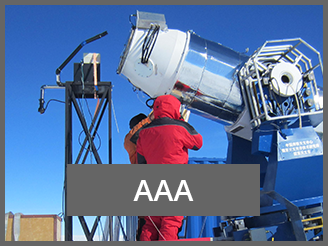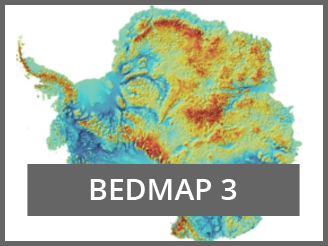This Action Group aims to organise an international large scale campaign to investigate clouds and aerosols in Antarctica through a series of special observing periods when intensive ground-based measurements would be made at the same time as in-situ measurements using instrumented aircraft.
This Action Group aims to develop a continent‐wide, age‐depth model of Antarctica’s ice using the internal layers and surfaces imaged by radar‐sounding and use this to determine the stability of the Antarctic Ice Sheets over past glacial cycles.
This Expert Group aims to establish a biologically focussed, integrated and coordinated Antarctic-wide observation system, to identify and track environmental variability and change at biologically relevant scales, and to use this information to inform biological, physical, and earth science studies. This group is co-sponsored by SCAR’s Life Sciences, Physical Sciences and Geosciences Groups.
This Expert Group aims at improving our understanding of the Antarctic sea ice zone through focussed and ongoing field programmes, remote sensing and numerical modelling.
This Expert Group aims to coordinate the community engaged in research on the glaciological, oceanic and atmospheric processes governing the behaviour of ice shelves that are key to the ice sheet contribution to sea level change.
Groundwater plays a key role in critical Antarctic climate, environmental and biological processes. Despite this importance, many concepts are still hypothetical, awareness is low, and direct observations are limited. The aim of this Action Group is to bring the international scientific communities together to better address this cross-disciplinary topic.
This Action Group aims to facilitate coordinated investigation of chemical input to the Antarctic region, monitoring the routes through which toxic, environmental contaminants reach the continent.
This Expert Group aims to coordinate international collaboration between ice core scientists, engineers, and drillers to aid in providing information about past climate and environmental conditions on timescales from decades to hundreds of millennia. This group is supported by the Past Global Changes (PAGES), SCAR and the International Association of Cryospheric Sciences (IACS).
This Expert Group aims to promote research on the estimation of the mass balance of ice sheets and its contribution to sea level, facilitate coordination among the different international efforts focused in this field, propose directions for future research, integrate the observations and modelling efforts, as well as the distribution and archiving of the corresponding data, and contribute to the diffusion, to society and policy makers, of the current scientific knowledge and the main achievements in this field of science. This group is co-sponsored by SCAR, the International Arctic Science Committee (IASC) and the WCRP Climate and Cryosphere Project (CliC).
This Expert Group aims to establish and nurture links between groups working in the area of operational meteorology in Antarctica, such as the Antarctic Meteorological Observation, Modelling, and Forecasting Workshop Group, and the WMO EC-PHORS (Panel of Experts on Polar and High Mountain Observations, Research and Services), helping to facilitate monitoring of the meteorological observations that come from Antarctica.
This Action Group aims to provide a forum to initiate, promote and coordinate scientific research drilling around the Antarctic margin and the Southern Ocean to improve the accuracy and precision of predictions of future changes in temperatures and sea level rise.
This Action Group aims to clarify the current knowledge gap on ice sheet thickness across all the margins of Antarctica and assess the impacts of new data filling these knowledge gaps.
This Expert Group aims to coordinate the discussion and communication of scientific advances in the understanding of climate variability and change in the Southern Ocean, and advise CLIVAR, CliC, and SCAR on progress, achievements, new opportunities and impediments in Southern Ocean research. This group is co-sponsored by WCRP Climate and Ocean –
Variability, Predictability, and Change (CLIVAR), WCRP Climate and Cryosphere Project (CliC), and SCAR.
This Action Group aims to examine climate processes linking the Tropics to Antarctica.
For previous Physical Science Action and Expert Groups, see Former Groups.
Within the physical realm, processes at the interfaces between ice, ocean, land and atmosphere are critical to our ability to describe and predict the response to climate change. Outstanding uncertainties will require continued research directed at improving understanding of ice sheet dynamics, extracting climate records from the ice sheet, exploring processes and changes in sea-ice and ocean circulation, and improving understanding of atmospheric dynamics and chemistry and the role of the ozone hole in Antarctic climate. A distinct component of physical sciences research in Antarctica is based on the unique properties of the continent that favour its use as a platform for astronomical and solar-terrestrial observations.


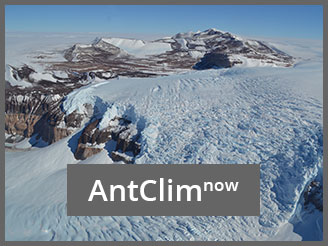
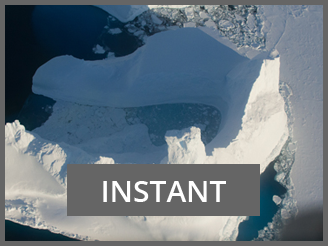 INStabilities & Thresholds in ANTarctica (INSTANT)
INStabilities & Thresholds in ANTarctica (INSTANT)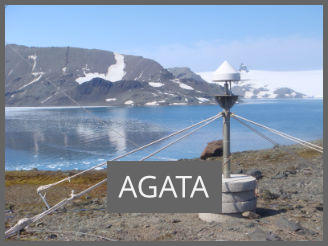
 Antarctic Clouds and Aerosols – ACA
Antarctic Clouds and Aerosols – ACA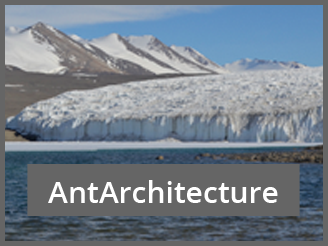 AntArchitecture Action Group
AntArchitecture Action Group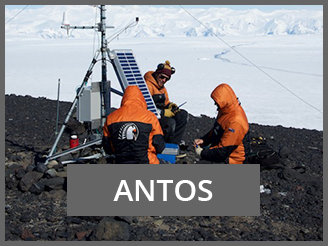 Antarctic Near-shore and Terrestrial Observing System – ANTOS
Antarctic Near-shore and Terrestrial Observing System – ANTOS Antarctic Sea-ice Processes and Climate – ASPeCt
Antarctic Sea-ice Processes and Climate – ASPeCt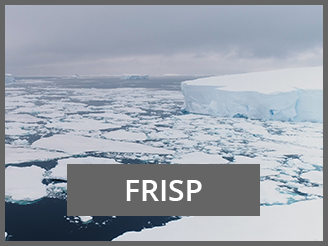 Forum for Research into Ice Shelf Processes – FRISP
Forum for Research into Ice Shelf Processes – FRISP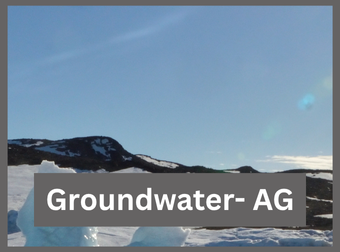
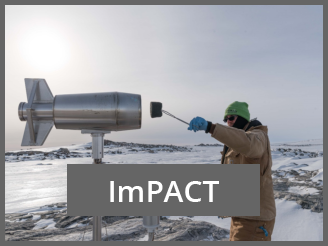
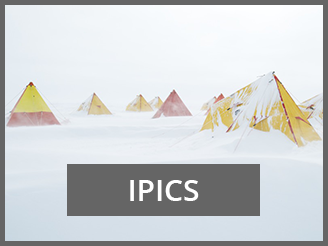 International Partnership in Ice Core Sciences – IPICS
International Partnership in Ice Core Sciences – IPICS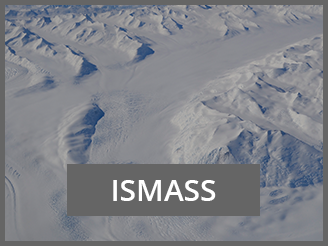 Ice Sheet Mass Balance and Sea Level – ISMASS
Ice Sheet Mass Balance and Sea Level – ISMASS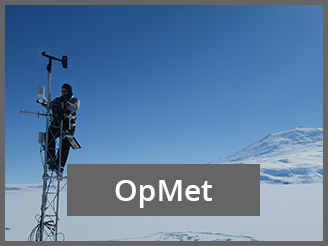 Operational Meteorology in the Antarctic – OpMet
Operational Meteorology in the Antarctic – OpMet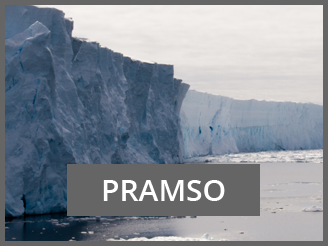 Paleoclimate Records from the Antarctic Margin and Southern Ocean – PRAMSO
Paleoclimate Records from the Antarctic Margin and Southern Ocean – PRAMSO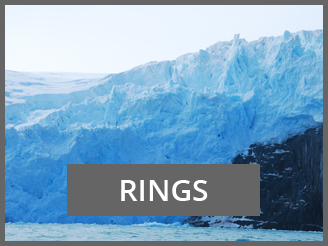 RINGS – ice sheet margin
RINGS – ice sheet margin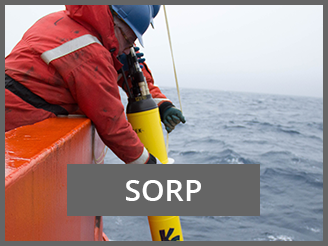 Southern Ocean Region Panel – SORP
Southern Ocean Region Panel – SORP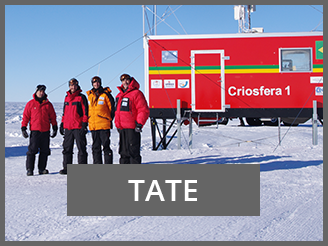 Tropical Antarctic Teleconnections – TATE
Tropical Antarctic Teleconnections – TATE